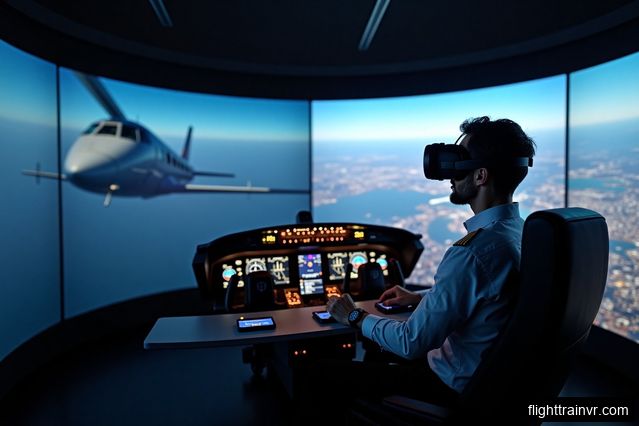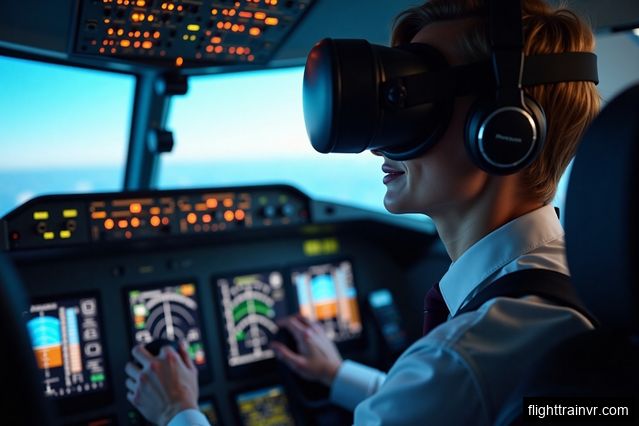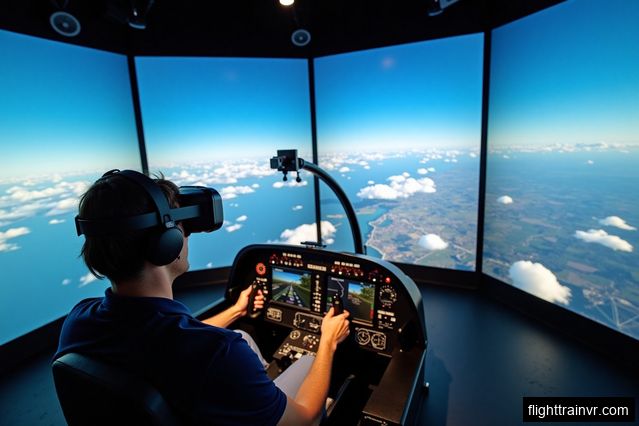Immersive Virtual Reality: A Game-Changer in Pilot Training
Gone are the days when pilots relied solely on traditional classroom lectures and flight simulators to develop their skills. With the advent of immersive virtual reality (VR), pilots now have access to a whole new level of training. VR technology allows pilots to experience realistic flight scenarios in a virtual environment, providing a highly immersive and interactive learning experience.
Realistic Flight Simulation
One of the key advantages of VR in pilot training is the ability to create realistic flight simulations. Pilots can now practice maneuvers, emergency procedures, and complex flight scenarios in a safe and controlled virtual environment. This allows them to gain valuable experience and develop their skills without the risks associated with real-world training.
Benefits of VR in Aviation
The integration of VR technology in aviation training offers numerous benefits for pilots:
Cost-Effective Training
Traditional flight training can be costly, with expenses ranging from aircraft rental to instructor fees. VR training significantly reduces these costs by providing a virtual platform for pilots to practice their skills. This allows pilots to save money while still receiving high-quality training.
Enhancing Pilot Skills through VR
VR technology offers unique opportunities to enhance pilot skills:
Improved Situational Awareness
VR training enhances pilot situational awareness by providing realistic visual and auditory cues. Pilots can practice scanning instruments, monitoring traffic, and making critical decisions in a simulated environment. This helps them develop the ability to quickly analyze situations and make informed judgments, improving their overall performance in real-world scenarios.
The Future of Pilot Training
As VR technology continues to advance, the future of pilot training looks promising. Virtual reality has the potential to revolutionize the way pilots learn and acquire new skills. With the integration of artificial intelligence and machine learning, VR training programs can adapt to individual pilot needs, providing personalized training experiences and accelerating skill development.
Final Thoughts
Immersive virtual reality is transforming the field of pilot training, offering a safe and cost-effective way for pilots to enhance their skills. With realistic flight simulations and improved situational awareness, VR technology is revolutionizing the way pilots learn and prepare for real-world scenarios. As the industry continues to evolve, the future of pilot training will undoubtedly be shaped by the advancements in virtual reality.








